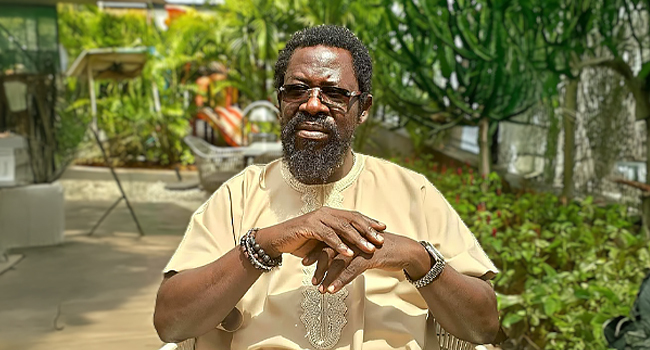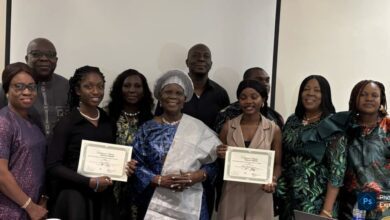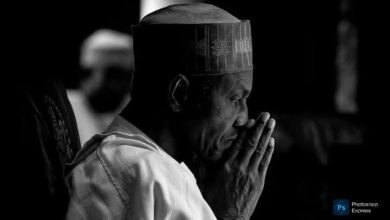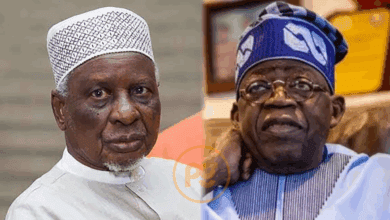Farotimi: Defamation has been decriminalised in Ekiti, Lagos, Edo – Odinkalu


Former Chairman of the National Human Rights Commission (NHRC), Professor Chidi Odinkalu, says defamation has been decriminalised in Ekiti, Lagos and Edo States.
Odinkalu said this on Friday in respect to the ongoing defemation trial of human rights lawyer, Dele Farotimi, in Ekiti.
Speaking on Channels Television’s Inside Sources with Laolu Akande, he stated that the seniors in the legal profession in Nigeria have made a mess of the justice system of the country.
He said Farotimi should be held accountable if guilty of the alleged defamation but “every rule that can be breached has been breached. Mind you, the context is that Dele, as it is claimed, has made allegations about judicial corruption. This is the gist of the issue and in order to do this, we are showing that there is judicial corruption.”
Earlier in December, the police in Ekiti State arrested Farotimi at his Lagos office and bundled him to Ekiti State for prosecution.
The police arraigned the author for publishing a book, ‘Nigeria and its Criminal Justice System’ where he alleged that nonagenarian legal icon Afe Babalola corrupted the judiciary and procured a revised judgment in the Supreme Court.
The defendant pleaded not guilty to all the charges that bordered on criminal defamation levelled against him and has been remanded in prison for three weeks now while legal fireworks continue in multiple courts. Farotimi is also facing similar charges in Abuja and Oyo states.
He said defamation has been decriminalised in Ekiti, Lagos and Edo states and as such persons seeking remedies for libel or slander can only do so in civil law and not criminal law.
“I am not at all saying there should be no remedies for injuries to reputation at all. Not at all, particularly reputations that have been earned through hard work and investment over time. But those remedies exist in civil law, and it can be slander which is where it is oral or it can be libel where the publication is in writing or more permanent form,” he said.
“There got to be generational responsibility because our seniors in this vocation have made a mess of the legal process. Why are we having all these byways that are shameful? Because we’ve created a legal process that they themselves cannot get justice in. If you go to sue for defamation now, you could be in court for another 15 years. You take 11 to 15 years through the high court, preliminary objections; you go to the Supreme Court, you get locked up there.
“Our seniors in this vocation made a lot of money and a lot of names from making the process of litigation inaccessible to all but a few people. Now, in the twilight of their years, in the winter of their years, they find that they cannot get that same process to deliver justice to them. Now, they have to manufacture things that are not in the law. This is my theory.”
The former NHRC chairman said the obituaries of seniors in the legal profession should not be read from the end, forgetting all their good works and accomplishments for decades.
Also, Odinkalu said the Supreme Court can override itself if the need arises but there must be rules to follow. “The Supreme Court can of course overrule itself and when the Supreme Court set out to overrule an existing rule of law, it convenes a full panel of self,” he said.
“Now, in this particular case, I might be wrong, but from what I understand, there was an original decision to 10 hectares of land or something, and subsequently on an application for a review, that then evolved to 250 (hectares) or something; a very significant alteration of the underlying interest in the case.
“If you are having a change of that magnitude in the underlying subject matter, people may well have good reasons to question whether that is within the framework of an apex court to alter or review itself to that kind of outcome.”




